Oscar Week: Minding the Gap’s Documentary nomination is perfect recognition
The best documentary category at the Oscars is packed with interesting and personal subjects. The kinds of people being documented, and the stories they tell, are compelling. One of those nominees, Bing Liu’s Minding the Gap, embodies what awards season is meant to celebrate. It tells a story that is very human, real, raw, unbiased, and emotional.
Liu made this film centered around him and two of his friends growing up, young Keire Johnson, and Zack Mulligan. The film begins as a love letter to youth and skateboarding, we see the trio skating through their rust belt hometown of Rockford, IL. The beginning is drawn out and artsy, there is this feeling of warmth and hopefulness. Over time, the film begins to reveal its’ true intentions. Minding the Gap is a look at the jagged edges of growing up in a poverty-stricken city in households where domestic abuse is normalized.
Keire, Bing, and Zack are all victims themselves. They were hit as kids, they saw their parents fight all the time. This was all a product of their environment. There is no narration to carry you through the entire film, but there are different newscaster audio feeds put over footage of the city. “47 percent of Rockford workers make less than 15 dollars an hour.” “Since 2010, Rockford has seen the most people move away in Illinois.”
There is a tremendous amount of individuality in this film, there is an exploration of a world, a city, a house, a relationship, and singular people. One of those people being Liu himself. He is only on camera in archival footage that he took when he was younger, and in one scene where he interviews his mom about his stepdad’s abuse of them. Bing’s presence is complex. Sometimes it feels like we are learning things about Zack and Keire at the same time that Bing is. He was digging for answers in this documentary, not telling us something that he is an expert on.
As seen in the interview with his mom, he is searching for this royal truth, for the why. He wants to know why abuse happens and why some people escape it and others don’t. The setting and environment play a necessary role in understanding the characters and their own complexities. In a captivating ending scene, Bing, from behind the camera, tells Keire that he is making the documentary because his stepdad hit him and he didn’t know why. He goes on to say that he saw himself in Keire and Zack’s stories.
The movie blends two settings and ideas together. The “real” life of its subjects, and the skating life of its subjects. Zack and Kiere both have a lot on their conscience. They naturally open up a few times on camera and those moments are when the film is at its best. Ultimately, those moments make this a perfect representation of the best documentary category. An integral part of filmmaking is creating a movie that can hold a lot of depth without being overwhelming. That’s what Liu does so well in Minding the Gap.
ZACK
A great deal in philosophy is the idea of knowledge and actions coming solely from experience. We see this drawn out greatly in the film. Zack exclaims that “I’m like my dad, there is no emotion, just work.” He says this jokingly but he realizes he is living through what he knows. Lacking direction in life, he is working hard as a roofer and helping raise his kid. He actually takes a GED test early on in the film but to no results. We see him turn to alcohol, and it causes issues with his relationship with Nina.
Early film Zack is much different from late film Zack. His antics early on include him drinking, smoking, laughing, and skating. Yet it’s uncovered that he is abusive towards Nina. When he is confronted later on in the documentary, he simply explains that life has always been that way for him, he feels awful about it but doesn’t feel like he is in control of it.
Liu tackles his friend’s abusive nature in a non-interrogating way, but he sees it as an opportunity to really understand. The same reason he interviews his mom is to really find out what makes abuse happen, and in Zack’s case, what makes abuse stay. This is the gap between generations, what makes it across can be awful. Poverty and abuse seem to be cyclical across the United States. The world needs more people like Liu, who create art to express and understand interpretations of humankind.
KEIRE
Keire has a different role in the film from Zack. Keire left his home where he lived with his dad after a heated argument, his dad later dying before he could see him again. This takes a toll on him, a weight that he shouldn’t have to carry. When talking about his childhood, he says he was disciplined for acting up. “Well, they call it child abuse now but…” He talks about running away from home due to that.
His passion for skateboarding is highlighted more than Zack’s. He is seen multiple times falling and then getting up and laughing, his genuine smile brightening the scene. He tells Bing that as long as he can skate its all ok. His skateboard says “this device cures heartbreak.” For what Liu was trying to reveal about skating’s importance, Keire was the perfect subject.
There’s a James Baldwin quote about young men growing up in his neighborhood: “And I began to feel in the boys a curious, wary, bewildered despair, as though they were now settling in for the long, hard winter of life.” The fresh out of high school time period in one’s life can be confusing, and in a lot of places, the opportunities seem minute. Keire mentions multiple times that he does not want to end up stuck in Rockford. He works hard at his restaurant job and radiates this hope and trust in himself that is remarkable.
Keire’s family is shown a few times, his brothers are tangled in crime, his interactions with his mother are shortened to the point you realize his identity relies on being independent. He’s independent of his friend’s mistakes, his father’s mistakes, and the negative influences around him. For him, the film is “free therapy.”
The film explores its subjects to the fullest extent of their experience. A prodigious amount of information about Zack, Keire, and Bing is revealed. The pacing of this film is up to par enough to never overload you with emotion and to balance the themes effortlessly. Taking something away from this film is easy, but to go in expecting a skateboarding movie and finding much more is part of the beauty of the documentary, and it must be celebrated at the Oscars.
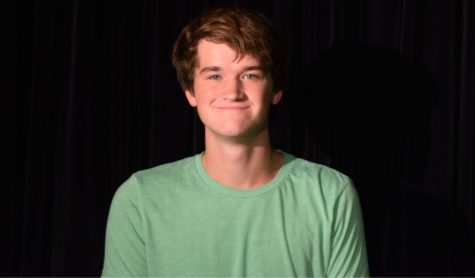
Nate Burleyson is the Sports Editor and the local blog boy of Meteamedia.org. He is commonly found writing, watching movies, or napping. You can follow...

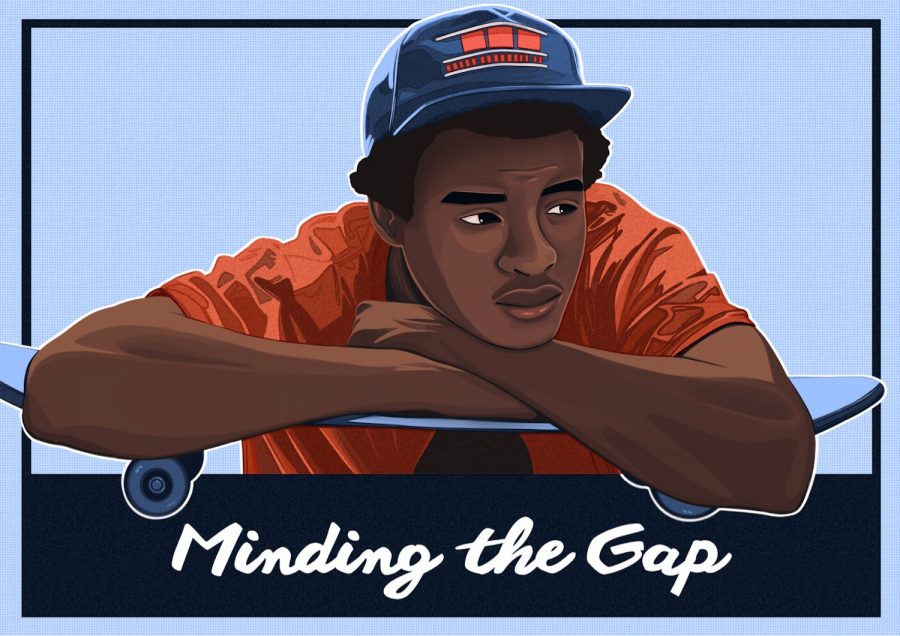
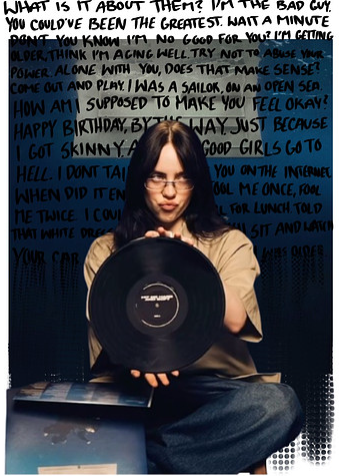
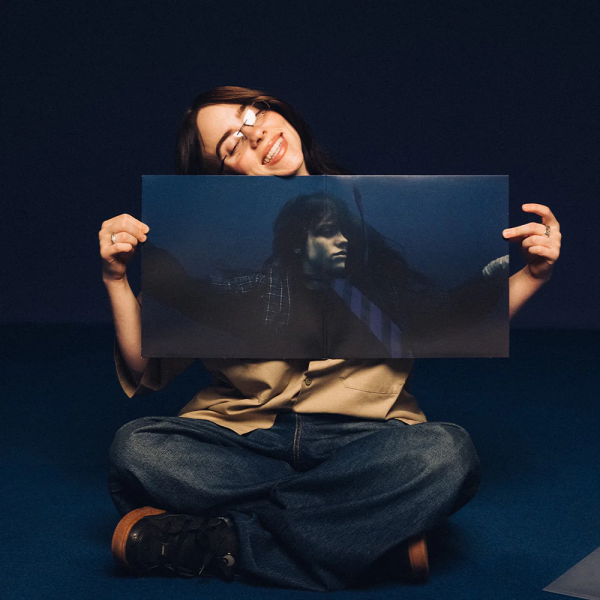

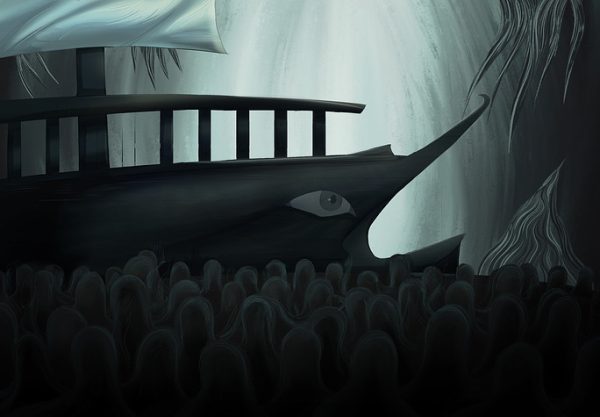


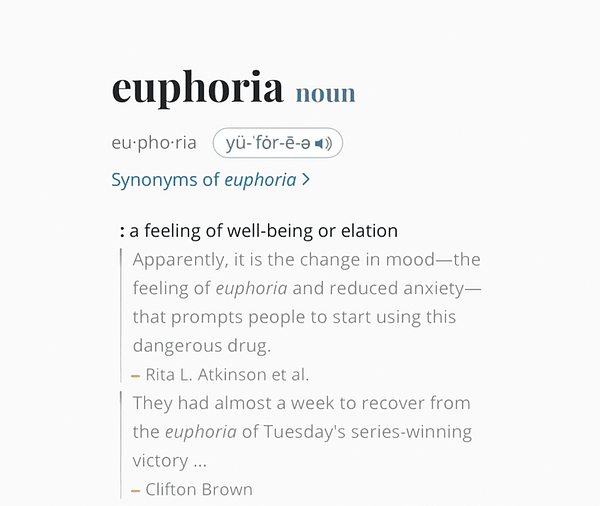
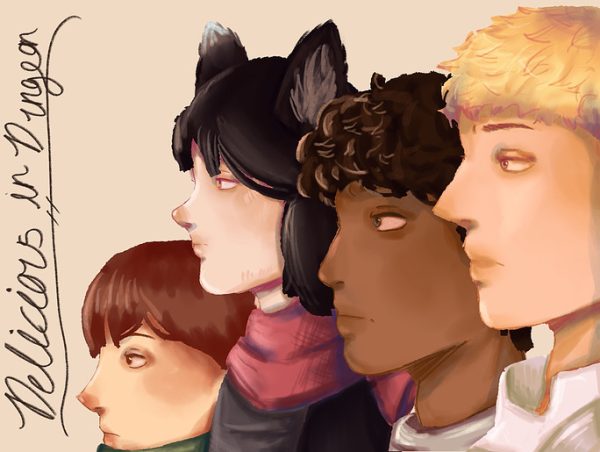

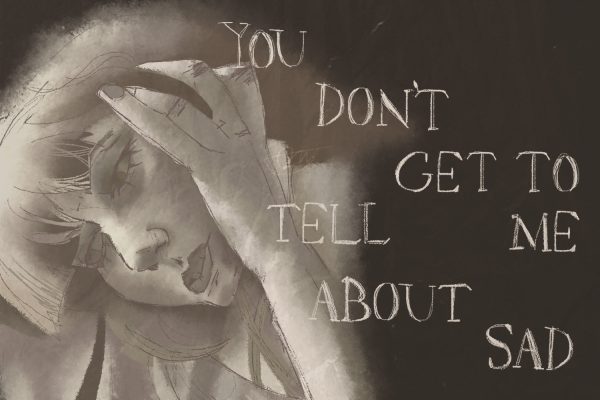
nates#1fan • Feb 19, 2019 at 8:59 am
Thank you Nate, Very cool!
You’re the best (great article, I’m looking forward to seeing this).